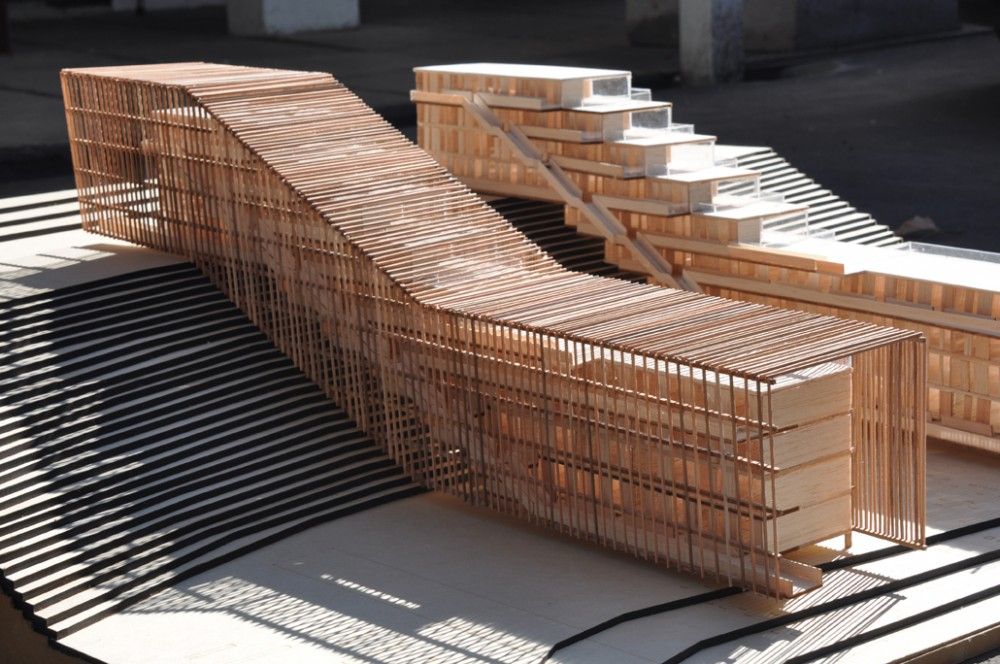
What Materials Do You Need to Make an Architectural Model?
2023年 7月 9日0
The materials you need to make an architectural model will depend on the purpose, scale, and level of detail required for the model. Here is a list of some common materials and tools you may need for architectural model making:
- Base materials:
- Foamboard or chipboard (for creating a base or foundation for your model)
- Cardboard or foam sheets (for creating basic forms or massing)
- Balsa or basswood (for creating structural elements, such as columns, beams, or walls)
- Acrylic or styrene sheets (for creating transparent or detailed elements, such as windows or façade treatments)
- Wire or metal rods (for creating structural elements or landscape features)
- Adhesives and bonding agents:
- White glue (PVA glue) or wood glue (for bonding wood, paper, or cardboard)
- Cyanoacrylate glue (super glue) (for bonding plastic or metal materials)
- Hot glue gun (for quick bonding of various materials)
- Spray adhesive (for attaching large surfaces or applying materials like grass or ground cover)
- Cutting and shaping tools:
- Hobby knife or utility knife (for cutting paper, cardboard, foam, or thin wood)
- Metal ruler or T-square (for guiding straight cuts)
- Cutting mat (to protect your work surface while cutting)
- Scissors (for cutting paper or thin materials)
- Fine-toothed saw (for cutting wood or plastic materials)
- Sandpaper or sanding block (for smoothing and shaping materials)
- Measuring and marking tools:
- Tape measure or ruler (for taking measurements)
- Compass or circle cutter (for creating precise circles or arcs)
- Pencil or fine-tip marker (for marking measurements or cutting lines)
- Paints and finishes:
- Acrylic or watercolor paints (for adding color and detail to your model)
- Paintbrushes (in various sizes for different levels of detail)
- Clear varnish or sealant (for protecting and finishing your model)
- Landscape materials:
- Model grass, ground cover, or foliage (for creating realistic landscapes)
- Clay or sculpting materials (for creating terrain, rocks, or other landscape features)
- Model trees or shrubs (for adding vegetation to your model)
- Miscellaneous materials:
- Masking tape or painter’s tape (for masking off areas while painting)
- Toothpicks or skewers (for applying glue or holding small elements in place)
- Tweezers or needle-nose pliers (for handling small or delicate components)
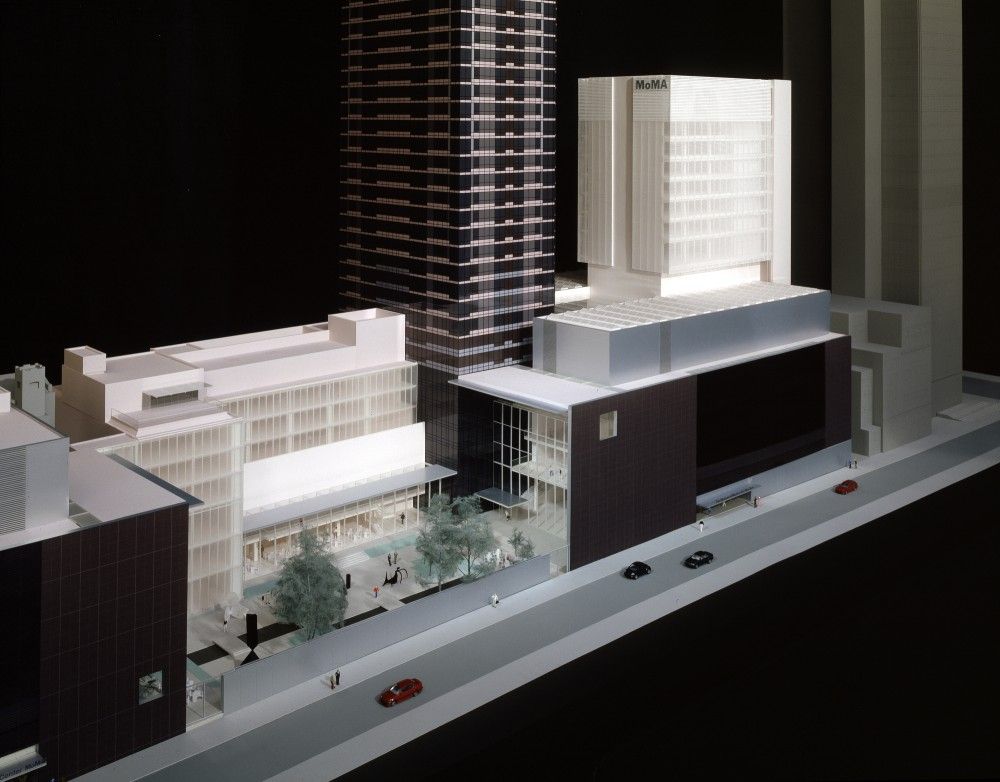
Remember that the materials and tools you need will depend on your specific project and its requirements. Before starting your architectural model, make a list of the materials and tools you’ll need based on the purpose, scale, and desired level of detail.

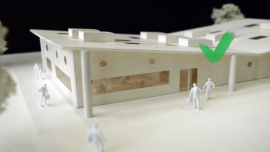
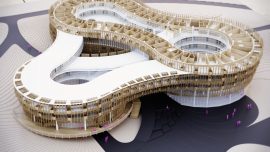
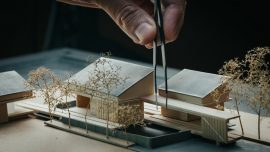
0 comments
Write a comment